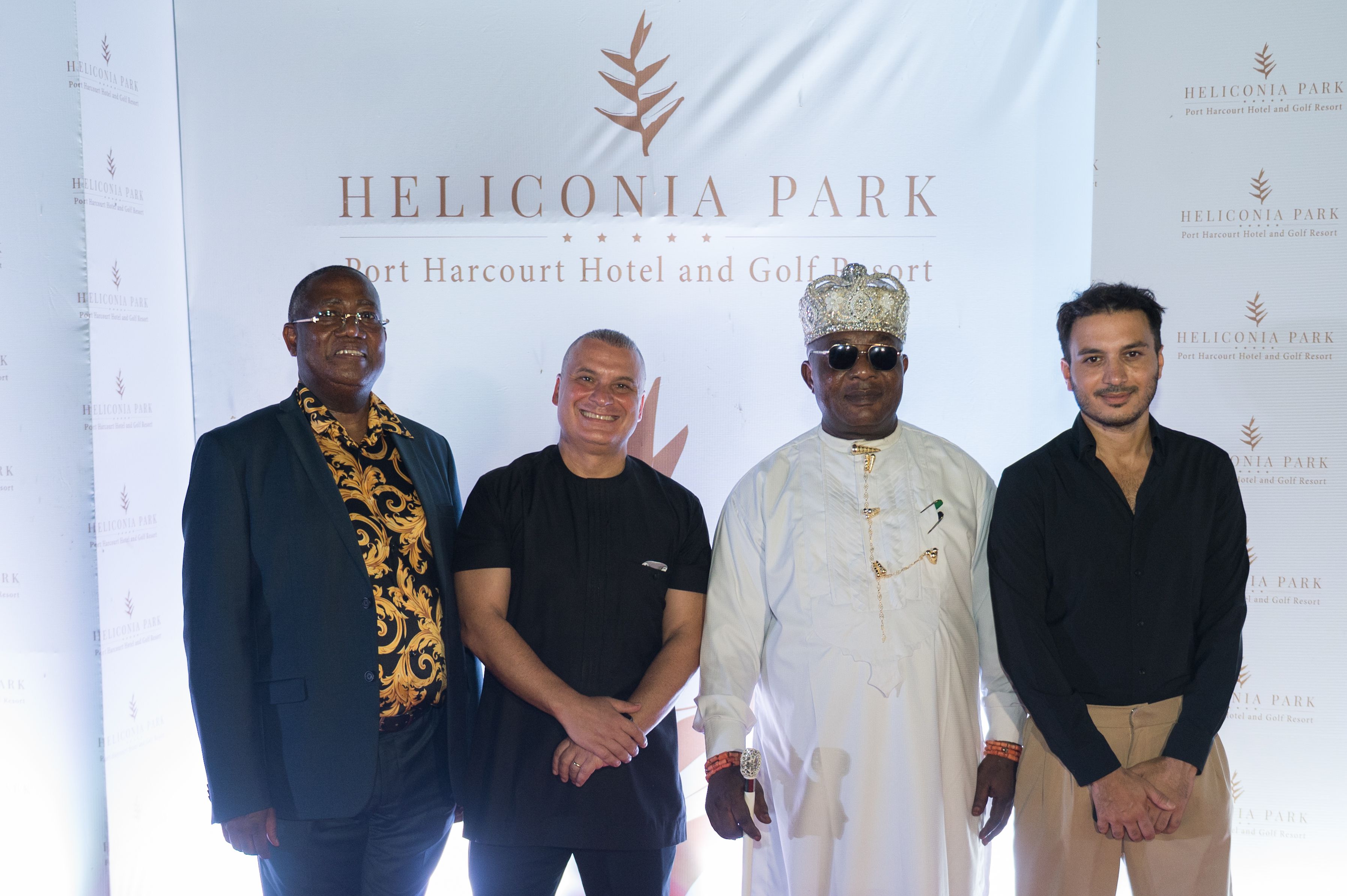By Sani Idris Abdulrahman
A Kaduna-based NGO, BEACON of Transformative and Inclusive Development Center (The BEACON), has said that denying sign language is also a denial of human right.
In a statement issued to newsmen on Thursday in Kaduna, Mrs Abigail Olatunde, Executive Director of The BEACON, shared a heart-wrenching story of a teenage deaf girl.
"At a school for the deaf in Northern Nigeria, a teenage girl made a quiet decision that became a loud cry for understanding".
Olatunde said the girl had gone home for a mid-term break where she once again felt like a guest in her own family.
Her siblings could not sign, her mother misread her silence as disrespect, and the familiar weight of being misunderstood returned.
She added that the girl wanted to be heard but had no one to speak to in her own language.
She took money from her mother’s purse, not to steal, but to trigger a conversation that required interpretation.
Olatunde noted that when the deaf girl's mother reported the incident to the school, an interpreter helped the girl explain years of isolation and the need to be understood.
For the first time, mother and daughter connected.
She explained that the girl was not defiant, but simply unheard.
In another case, Olatunde shared a story of another deaf adolescent who pleaded to spend the holidays with a neighbor who could sign.
When her parents refused, she became so overwhelmed that she nearly attacked her father.
The school principal explained that the girl did not behave that way in school, which revealed that her struggle was not violence but desperation to escape loneliness and silence.
Olatunde noted that these are not isolated stories but daily realities faced by deaf people worldwide.
She said globally, more than 70 million deaf people use sign language as their primary means of communication, yet in many places sign language remains marginalised, unrecognised in law, underfunded in education, and invisible in public services.
She said this issue is not about language preference but human dignity.
The executive director stressed that sign language is not a luxury or support service, but a rich, complex, cultural, and essential language.
She emphasised that denying access to sign language means denying access to education, justice, healthcare, safety, and participation in society.
She explained that at The BEACON, they work with communities at the intersection of disability, displacement, and structural exclusion has shown that inclusion cannot begin where communication ends.
She, therefore, called on governments, policymakers, and development actors to recognize national sign languages in law and policy, fund professional interpreters, integrate sign language into education, and ensure information is accessible.
She added that public narratives must also shift so that sign language is no longer seen as kindness, but as a matter of rights.
She noted that some countries are making progress.
"Uganda and South Africa have given legal recognition, and New Zealand has adopted sign language as an official language", she said.
However, Olatunde noted that recognition alone is not enough, but must be matched with investment, training, and accountability.
She lamented that the girls whose stories illustrate the struggles are not broken, but rather caught in a system that fails them.
"The girls do not need pity, but need to be heard in their own language".
She stressed that justice does not only speak but listens, and until societies listen in every language, they are not complete.
Trending
&format=jpeg)
&format=jpeg)
![Netflix, Trans Representation, and the Question of Childhood [Netflix]](https://image.api.sportal365.com/process/smp-images-production/pulse.ng/02102025/6129b35c-f543-4bc7-a498-afeba9d93a65.jpeg?operations=autocrop(100:100)&format=jpeg)
&format=jpeg)
&format=jpeg)


&format=jpeg)
&format=jpeg)
&format=jpeg)
&format=jpeg)
&format=jpeg)
&format=jpeg)
&format=jpeg)
&format=jpeg)

&format=jpeg)
&format=jpeg)
&format=jpeg)
&format=jpeg)



&format=jpeg)
&format=jpeg)
&format=jpeg)
&format=jpeg)
&format=jpeg)
&format=jpeg)
No comments:
Post a Comment